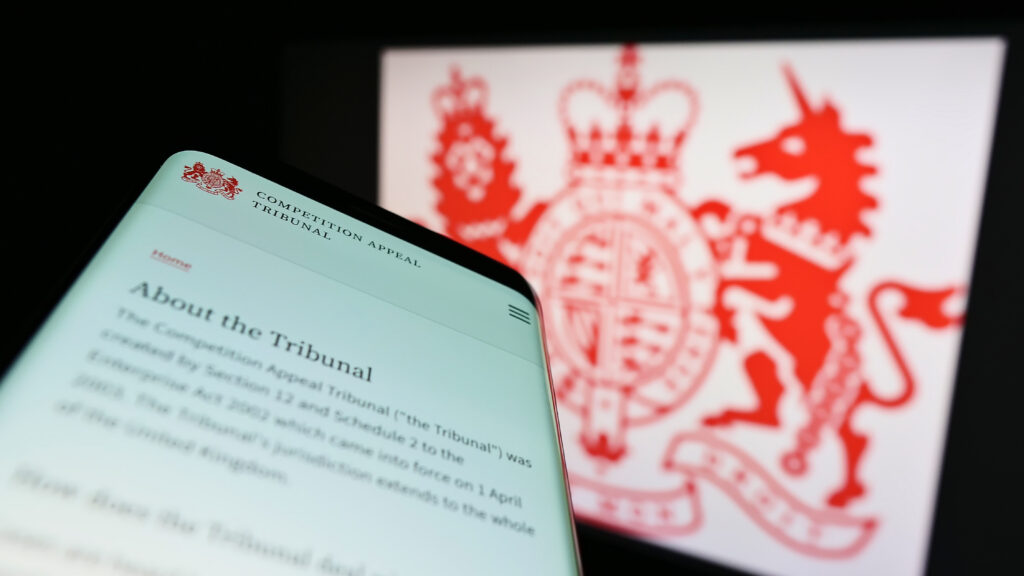After a surprise victory by Canada over the reigning champions New Zealand, and a competitive but, ultimately, resounding victory for England over France, these teams will proceed to the final round of the Women’s Rugby World Cup on 27 September 2025.
This year’s tournament has been hosted by England for the first time since 2010 and has seen the number of participating teams grow from 12 to 16. In the intervening years, immigration laws have changed drastically—particularly since the UK left the European Union in 2020. One question has loomed large throughout this year’s tournament and no, it’s not who’s going to win. The question is how international sportspeople were permitted to come to the UK and under what immigration rules (well, this is the important question for immigration lawyers at least).
The International Sportsperson route
The International Sportsperson visa is only open to elite international athletes and coaches who are:
- 16 and over
- internationally established at the highest level of their sport
- going to be employed in a manner that will make a significant contribution to the development of their sport in the UK
A visa under this route can be extended to partners and children as dependents, and clearance can be granted for either up to one year or three years. To be eligible for an International Sportsperson visa for up to one year, the athlete or coach must satisfy the following conditions. They must:
- be endorsed by the Governing Body of their sport in the UK (for Rugby Union, this is the Rugby Football Union)
- meet the financial requirements
- have a valid Certificate of Sponsorship from an approved UK-based sponsor
If they were applying for a period exceeding 12 months, they must also have English language skills at level A1 or above on the Common European Framework of Reference for Languages (CEFR).
Once an international sportsperson has been in continuous residence in the UK for a period of 5 years on this route, they can be eligible to apply for indefinite leave to remain.
Permitted paid engagements
The Standard Visitor route allows foreign nationals to come to the UK to undertake a permitted activity for a period of up to 6 months maximum. There are various permitted activities that qualify for this, including tourism, visiting family and carrying out certain ‘permitted paid engagements’.
Visitors are generally prohibited from coming to the UK to carry out paid work. However, some paid engagements are permitted as an exception to this rule. In a sporting context, this involves being invited to the UK by a sports organisation, agent or broadcaster based in the UK. Before 31 January 2024, the Permitted Paid Engagements Visitor visa was a standalone visa, but this has now been incorporated within the Standard Visitor route, offering certain advantages such as allowing entry to the UK for a longer period.
The permitted paid engagement exception would allow rugby players, coaches and staff from abroad to come to the UK for the Women’s Rugby World Cup. An international sportsperson would need to provide evidence of their invitation from the inviting organisation as they approached the border for entry (or in advance if a visitor visa was required).
The permitted paid engagement must be completed within 30 days of their entry to the UK. Once the paid engagement is complete, visitors are permitted to undertake other non-paid permitted activities up until the end of their stay.
Which route is best?
Although the length of the International Sportsperson visa would cover the duration of the Women’s Rugby World Cup, this route should only be used if an international sportsperson is to be employed by a UK-based sports club that has an appropriate sponsor licence. Those who do not have a UK-based sponsor and who are only taking part in the tournament, may be eligible to apply as a visitor under the Standard Visitor route. The ‘best’ route therefore is dictated by the circumstances applicable to each individual scenario.
A visitor who wrongly applies for a visitor visa where an International Sportsperson visa is needed, and vice versa, will have their application refused, leading to disruption and delays in the application process.
How can we help?
At Capital Law, we understand sports immigration. We can advise on the complexities that sports organisations may face when managing their immigration compliance in the UK. Our expertise means we take a proactive and leading approach when assisting your club and organisation with all sports immigration matters.
If you have any queries on the above or would like our assistance, please don’t hesitate to contact our Immigration team.




